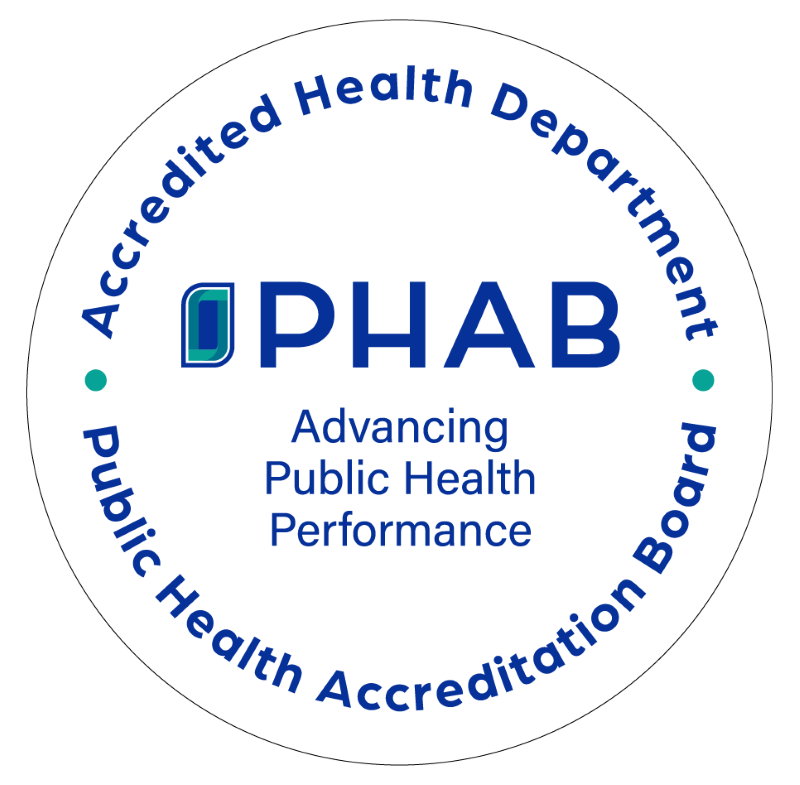Rabies Prevention
What is Rabies?
Rabies is a deadly viral disease that affects the nervous system of mammals, including humans. It is primarily transmitted through the bite of an infected animal, most commonly wild animals like bats, raccoons, skunks and foxes. Keep in mind any mammal can get rabies, including pets and livestock. The virus attacks the brain and can be fatal if not treated promptly.
How can we prevent Rabies?
Vaccinate your pets: Ensure that your furry friends are up to date with their rabies vaccinations. Your dog or cat can be vaccinated for rabies when it turns 3 months of age. It is NYS law that ALL dogs, cats, and domestic ferrets be vaccinated against rabies after they reach the age of 4 months. Check out our Rabies Clinic schedule.
Avoid contact with wild animals: Stay away from unfamiliar or wild animals, especially those acting strangely or aggressively. Never attempt to handle or pet them.
Report animal bites: If you or someone you know gets bitten, scratched or you are unsure, immediately wash the wound with soap and water and seek medical attention. Promptly report the incident to the Clinton County Health Department (CCHD).
Remember all bites no matter how minor need to be reported!
Are bats a common carrier of rabies?
Yes, bats are one of the primary carriers of the rabies virus, however not all bats have rabies. Bats can transmit rabies through bites or scratches. The virus is present in their saliva and can enter the body if there is a break in the skin. It's important to remember that even a minor scratch or bite from a bat should be taken seriously and treated promptly.
What should you do if you encounter a bat?
If you or someone in your family was exposed to the bat, or you are unsure if you were exposed, safely capture the bat and call the CCHD. Avoid touching it with bare hands, use gloves or a thick cloth to handle it if necessary.
Seek medical attention: If you know you have been bitten or scratched by a bat, wash the wound thoroughly with soap and water and then seek immediate medical attention and contact the CCHD.
Revised 01/09/24


































